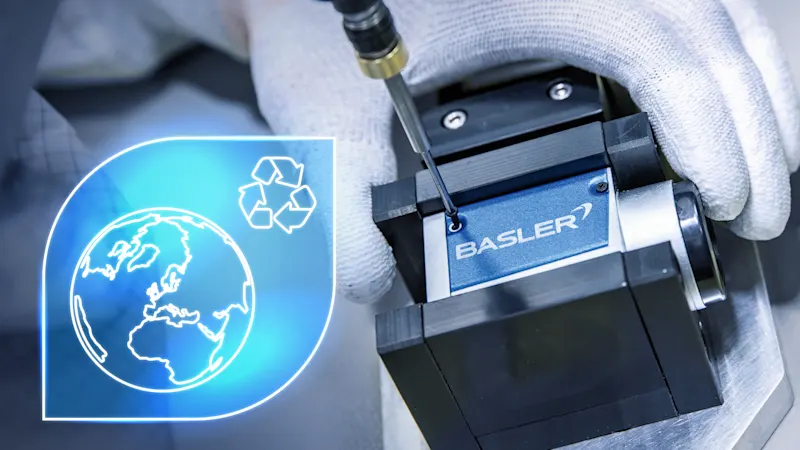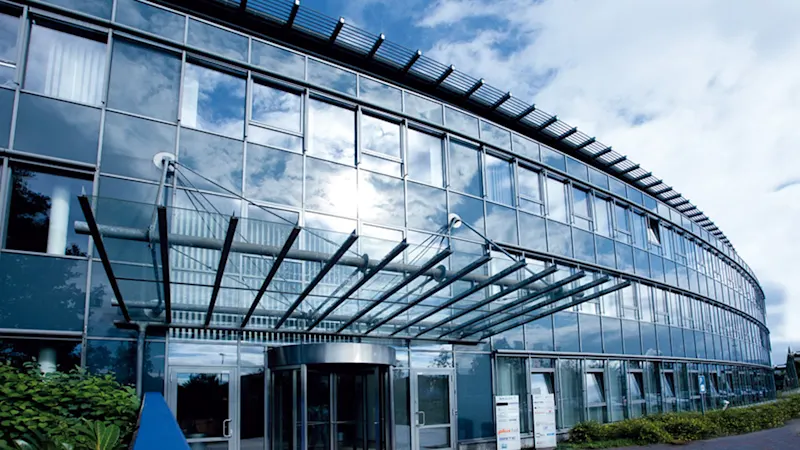Climate change
Limiting global warming caused by greenhouse gas (GHG) emissions is essential for a livable future on our planet. Nearly all countries in the world have agreed on the goal of limiting the average increase in global mean temperature caused by greenhouse gas emissions to no more than 2° C compared to pre-industrial levels - and to make efforts to achieve a 1.5° C target.

Our responsibility
Basler engages in climate protection in the following ways:
By providing products and solutions that help produce low-carbon technologies or that reduce the footprint in production processes in general; and
By decarbonizing its own operations within a timeframe that reflects the urgency of the problem and is consistent with the fair share of responsibility that leading industrialized countries must assume.
Basler is committed to achieving climate neutrality by the end of 2030 for greenhouse gas emissions directly attributable to its own business activities (Scopes 1 and 2).
Basler also acknowledges that only reducing the greenhouse gases that are directly produced is not enough. Indirectly caused emissions (Scope 3) usually account for the largest share of total emissions in our industry. Furthermore, a company can also at least partially influence GHG emissions that occur outside its own processing operations, through actions such as optimizing logistics and the supply chain or the product life cycle. For this reason, Basler will commit to a corresponding Scope 3 target in the near future after we have carefully evaluated the most effective measures.
Our approach
In line with our principles of communicating honestly and sincerely to our stakeholders and the public, we will not take the shortcut of merely buying greenhouse gas offsets - an approach often referred to as greenwashing. Instead, we will first take substantial action to achieve our net-zero targets. An exception will be made for emissions that cannot ultimately be further avoided for purely technological or significant business reasons.
But also for these emissions Basler wants to take responsibility for reaching our emission targets. In these cases, the company will not purchase certificates from private suppliers, but official CO2 emission rights via the EU Emissions Trading Scheme (ETS). Voluntary purchase of CO2 emission rights is, of course, always only the second-best solution. However, it is precisely for this purpose that the cap-and-trade mechanism of the official ETS at least offers a measurably effective compensation solution.
To review our progress, we conduct an annual Corporate Carbon Footprint (CCF) analysis and publish the development as part of the Group's non-financial statement.


